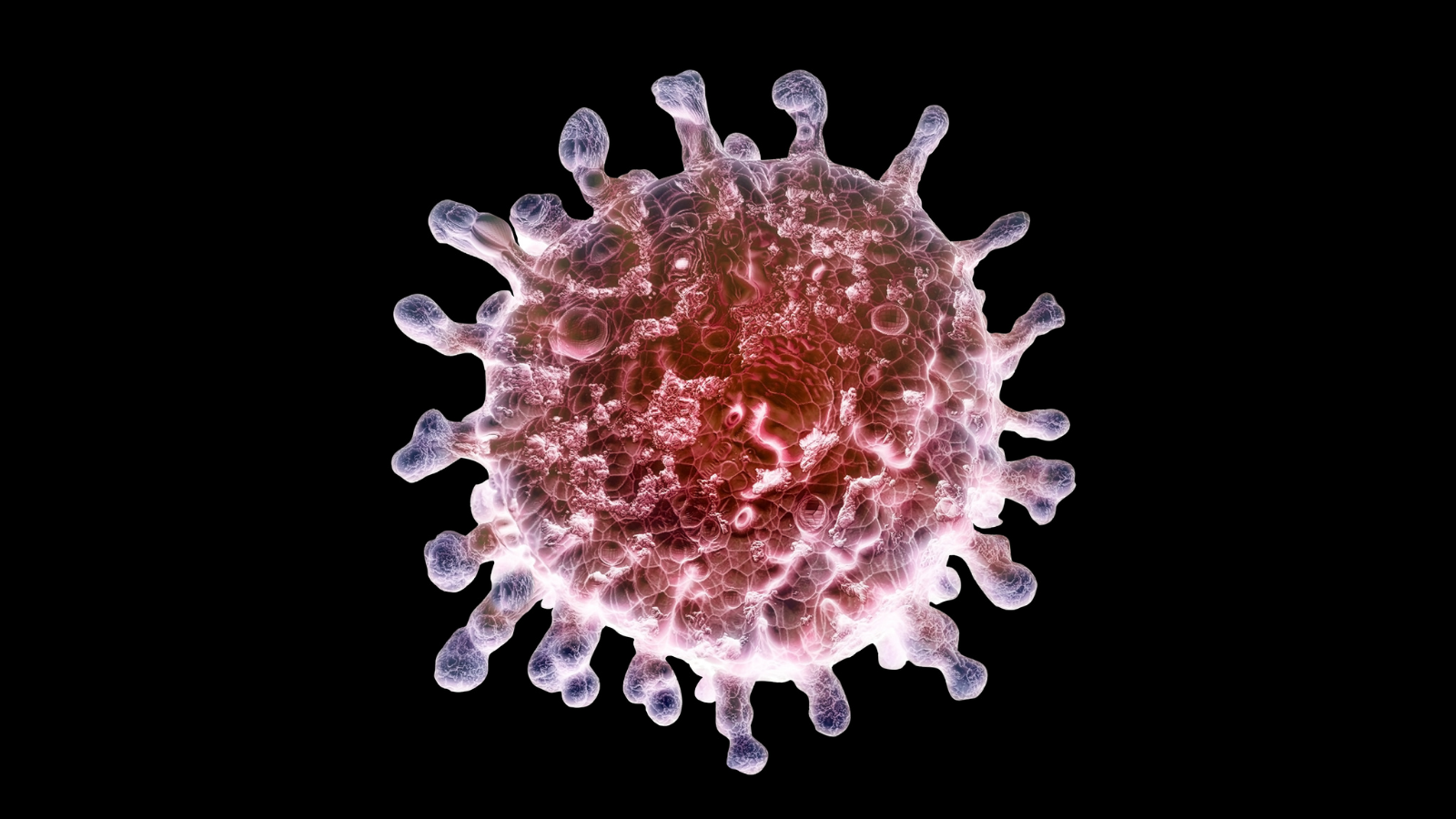Rebuild, repair and reimagine: as we take life off hold, we need to look forward
London School of Hygiene & Tropical Medicine https://lshtm.ac.uk/themes/custom/lshtm/images/lshtm-logo-black.png Tuesday 15 February 2022
The Omicron variant is still spreading, and its worst effects have not yet arrived for many.
However, various threads of evidence suggest that once the initial Omicron wave recedes, COVID-19 may become a less dominant force in our societies for much of the time. If we can continue to make progress on vaccination coverage – particularly in lower income settings – it seems likely COVID-19 will become something we live alongside, with occasional surges of activity requiring some control measures. It is possible that in one, five or ten years, COVID-19 will no longer cause illness in humans, and it may even not exist. But that day may never come; waiting for the “end” of the pandemic is futile. We can’t wait for a mythical future with no COVID-19. Accepting we cannot stay in an emergency state forever, we need to take life off hold now.
This mental leap needs to come with acceptance that whatever the virus decides to do, we won’t simply be going back to 2019. Normal will be something new, initially dominated by the need to rebuild and repair, but also presenting us with huge opportunities to reimagine the world we live in. As we reboot as a society we also need to reflect on where we need to adapt for a new version of our lives, building on the positive aspects of the pandemic.
The negative aspects of COVID-19 are all too obvious. It was an efficient and devastating wealth re-distribution mechanism – from the poor to the rich. The economic and health impacts have been focussed on our poorest communities, people from Black and minority ethnic groups, older people, and those with long-term health problems. The widening of inequities both between and within societies has caused many harms that will endure for years to come. Reversing the damage will take decades or more of concerted action across many fronts, with a huge backlog of stored up health problems facing the NHS.
Perhaps less tangible, along with the material harms, has come a breakdown in communality, with increased social isolation and a loss of connectedness between people. From missing out on simple physical contact – a hug, handshake, or kiss – through to higher levels of domestic violence happening behind closed doors, we have become less joined up with each other.
For those working from home, many have felt alone and unsupported. Team working has been far more challenging, with informal and spontaneous chats replaced largely by screen time. A strong sense of being involved in a shared endeavour, mutually supporting each other through challenges, are difficult over pre-arranged video calls – and sadly much has been lost.
As we move together into our new normal, rebuilding our sense of shared community and mutual connectedness will be crucial.
Given the widespread negative impact, it can be difficult to focus on positives that have come about through the pandemic but these are areas we need to build on and ensure we don’t lose. The pre-Covid pattern for large sections of the workforce – travelling during rush hour to and from a workplace five days a week – may never return for many, with a hybrid combination of home and workplace becoming the norm. We need to embrace and maximise the positive aspects – greater flexibility in terms of working hours, family friendly with more contact between household members, and people more embedded and perhaps more a part of the neighbourhoods they live in. Both our city centres and our suburbs will change forever – we need to ensure the changes are for the good.
Many key aspects of society have gained much needed recognition of their importance and contribution. The enormous benefits of children going to school have become crystal clear. The social care sector – neglected for so long – has unprecedented political and media prominence that can hopefully translate into sustained improvements.
More people are cycling. Interest in science has never been higher. The enormous growth in interest in climate change over the past two years may have happened without COVID-19, but it seems likely that the pandemic has served as a powerful wake-up call to many about the fragility of our planet.
The massive reduction in air travel has been beneficial in terms of carbon footprint. Being able to travel more freely to see family and friends will of course be welcome for many. But a reappraisal of air travel, only flying when necessary and for less frequent but deeply appreciated overseas holidays, will make a huge contribution to reducing climate change.
Unlike the Second World War, the COVID-19 pandemic will not have an end date. Instead there will be a transition, likely punctuated by setbacks from surges in viral activity and new variants. The post-war period was characterised not by going back to 1939, but by ambitious and hugely positive societal changes. We are not entering a post-Covid era, but now is the time to imagine and embrace a new world with new ways of living. As we transition into living alongside COVID-19, this is the time to fully acknowledge we are not “going back to normal”. There are huge ongoing challenges stemming from the pandemic. However there are also beneficial changes and adaptations we need to build on as we take life off hold and find a new way forward.
LSHTM's short courses provide opportunities to study specialised topics across a broad range of public and global health fields. From AMR to vaccines, travel medicine to clinical trials, and modelling to malaria, refresh your skills and join one of our short courses today.
